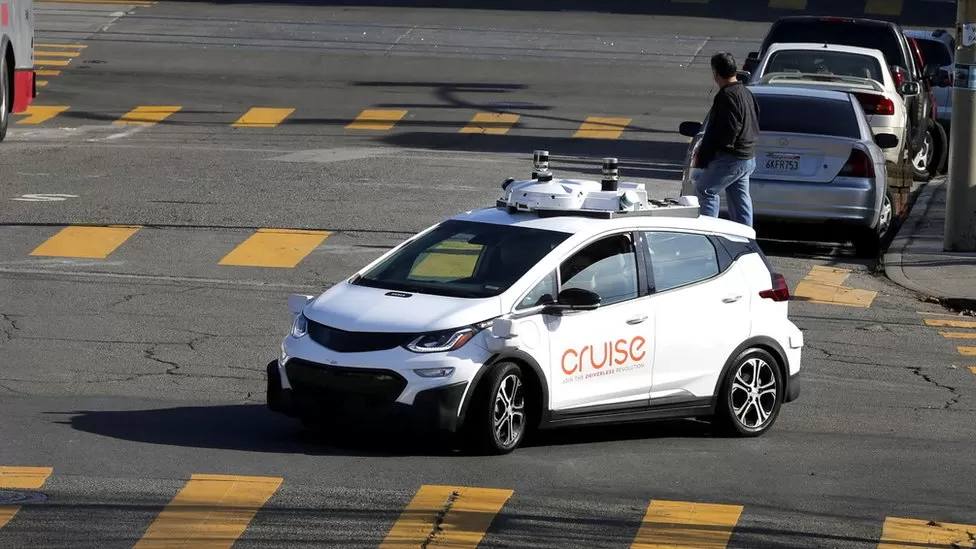
Technology is the driving force of the modern world, shaping our lives, industries, and societies in unprecedented ways. From the invention of the wheel to the advent of the internet, each technological advancement has significantly impacted human civilization. Today, we find ourselves in an era where technology’s influence is more profound and pervasive than ever before.
One of the most notable aspects of technology is its rapid evolution. Innovations that were groundbreaking just a few years ago can quickly become obsolete, making it essential for individuals, businesses, and nations to adapt and stay at the forefront of technological progress.
The digital revolution has been a hallmark of recent technological advancements. The proliferation of smartphones, high-speed internet, and the Internet of Things (IoT) has transformed the way we communicate, work, and live. These changes have brought both incredible opportunities and challenges. On one hand, we have greater access to information, education, and global connectivity. On the other hand, we face issues related to privacy, cybersecurity, and the digital divide.
Artificial intelligence (AI) is another pivotal development. Machine learning and deep learning techniques are enabling computers to perform tasks that were once reserved for humans, from natural language processing and image recognition to complex problem-solving. AI has the potential to revolutionize industries such as healthcare, finance, and transportation, but it also raises ethical concerns regarding automation, job displacement, and decision-making transparency.
The growing awareness of the environmental impact of technology has given rise to the pursuit of sustainable innovation. Renewable energy sources, electric vehicles, and green manufacturing processes are all examples of how technology is being harnessed to address environmental challenges. The battle against climate change requires innovative solutions, and technology plays a crucial role in developing and implementing them.
The convergence of technology with other fields, such as biotechnology and nanotechnology, is creating new possibilities that were once the realm of science fiction. Gene editing tools like CRISPR-Cas9 hold the potential to revolutionize healthcare by treating genetic diseases. Nanomaterials and nanorobotics have the potential to transform industries like medicine, materials science, and electronics.
As technology continues to advance, ethical considerations become more important than ever. Questions about data privacy, the responsible use of AI, and the impact of automation on employment require thoughtful, ongoing discussion and regulation. Striking a balance between innovation and ethics is a challenge that will define our technological journey.
In conclusion, technology is an ever-evolving force that shapes our world, offering remarkable opportunities and challenges. It’s a driving force behind societal progress, economic growth, and scientific discovery. Embracing the potential of technology while addressing its ethical and environmental implications is crucial for a sustainable and prosperous future.






